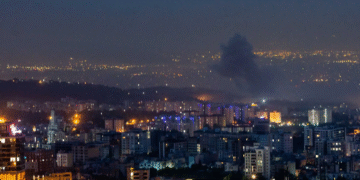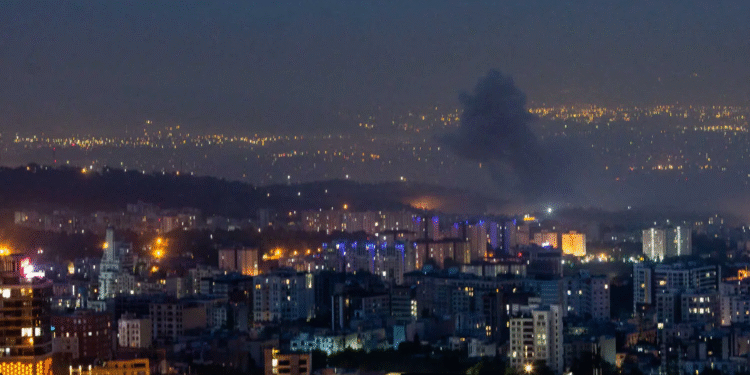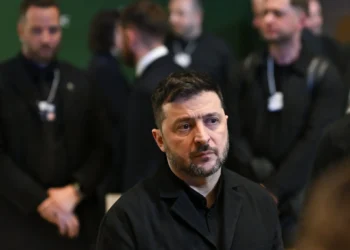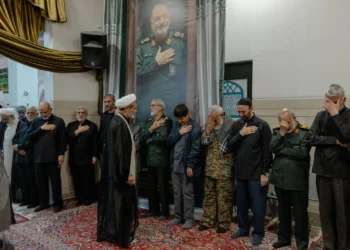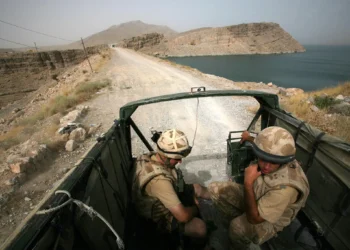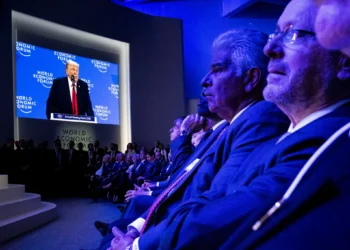Israeli Attacks Aim at Iran’s Nuclear Program
Iran stated that one of the high leaders slain was the commander-in-chief of the Islamic Revolutionary Guard Corps. According to Israel, the attack was carried out to preempt Iran’s nuclear abilities.
In addition to killing senior Iranian military leaders, Israel launched a significant assault on Iran’s nuclear program on Friday morning.
The strikes led to concerns that the long-standing dispute between the two nations might flare up into a war involving the most formidable armed forces in the Middle East. State media reported that Gen. Hossein Salami, the commander of Iran’s formidable Islamic Revolutionary Guards Corps, was among the deceased.
Residents of Tehran, Iran’s capital, told media they could hear large explosions, and state television showed smoke and flames rising from structures. An Iranian high-ranking official, who spoke on the condition of anonymity, stated that Iran’s fighter planes had launched to intercept the Israeli warplanes.
The assaults were characterized by many Israeli officials as a preemptive strike aimed at preventing Iran from obtaining a nuclear weapon. According to the Israeli army, the attacks targeted locations essential to Iran’s nuclear program and long-range missile capabilities.

The U.S. claims it had no role in Israel’s assaults on Iran.
Marco Rubio, the Secretary of State, stated Thursday that the United States had been informed that Israel viewed its unilateral assaults on Iran as essential for its self-defense, but that it had no role in them.
Reports of the assaults coming from Tehran broke as President Trump, who has been advocating for a nuclear program agreement with Iran, hosted the traditional White House picnic Thursday night.
Mr. Trump had also admitted on Thursday that Israel could strike first, despite his stated wishes for a diplomatic breakthrough.
Mr. Rubio stated, “Our main concern is safeguarding American forces in the area, and we are not engaged in strikes against Iran.” Israel informed us that they think this step is essential for their self-defense.
It was unclear right away how far in advance Israel had given the United States, its principal ally, detailed information about the attack.

This week’s statements and precautionary actions from the Trump administration, which is disassociating itself from the attacks, show that there is worry that Iran’s anticipated rapid retaliation may also include US targets in the Middle East.
“To be clear, Iran should not aim at U.S. interests or people,” stated Mr. Rubio.
The United States Tuesday called for the voluntary exit of U.S. military personnel’ family members from the Middle East and withdrew diplomats from Iraq, Iran’s western neighbor. The US military has a sizable presence in the area, including thousands of soldiers stationed at bases in Qatar and Bahrain, which are only about 150 miles across the gulf from Iran, as well as a large fleet of warplanes and naval ships.

This week, Iran’s defense minister stated that if the nuclear negotiations collapsed and a war with the United States broke out, his nation’s forces would attack every American base in the area.
It was uncertain what effect Israel’s attacks would have on the current talks between the Trump administration and Iran, or on Mr. Trump’s rapport with Israeli Prime Minister Benjamin Netanyahu. The president said he spoke with the Israeli leader on Monday, but he didn’t provide any specifics about their chat.
Mr. Trump has claimed in recent days that he has encouraged Israel to refrain from military action during the negotiation period. The next round of discussions was scheduled for Sunday in Oman, where Steve Witkoff, Mr. Trump’s special envoy to the Middle East, would meet with Iran’s foreign minister.
Mr. Trump stated that he was still devoted to a diplomatic solution when Israel started to attack Iran.
He wrote on social media about 5 p.m. Eastern time, “My entire Administration has been directed to negotiate with Iran.” “They could be a great country, but they first must entirely abandon any aspirations of acquiring nuclear weapons.”
Gen. Shekarchi, the spokesperson for Iran’s Armed Forces, announced on state television that Israel and the United States would “receive a forceful slap” and that Iran’s Armed Forces were equipped to respond with counterstrikes. He stated, “God willingly, a retaliation attack is definite.”
In a social media message, Speaker Mike Johnson, the Republican head of the House, stated, “Israel IS right—and has a right—to defend itself!” Johnson, who is slated to speak at a special session of the Knesset in Jerusalem, just revealed his intention to go to Israel later this month.
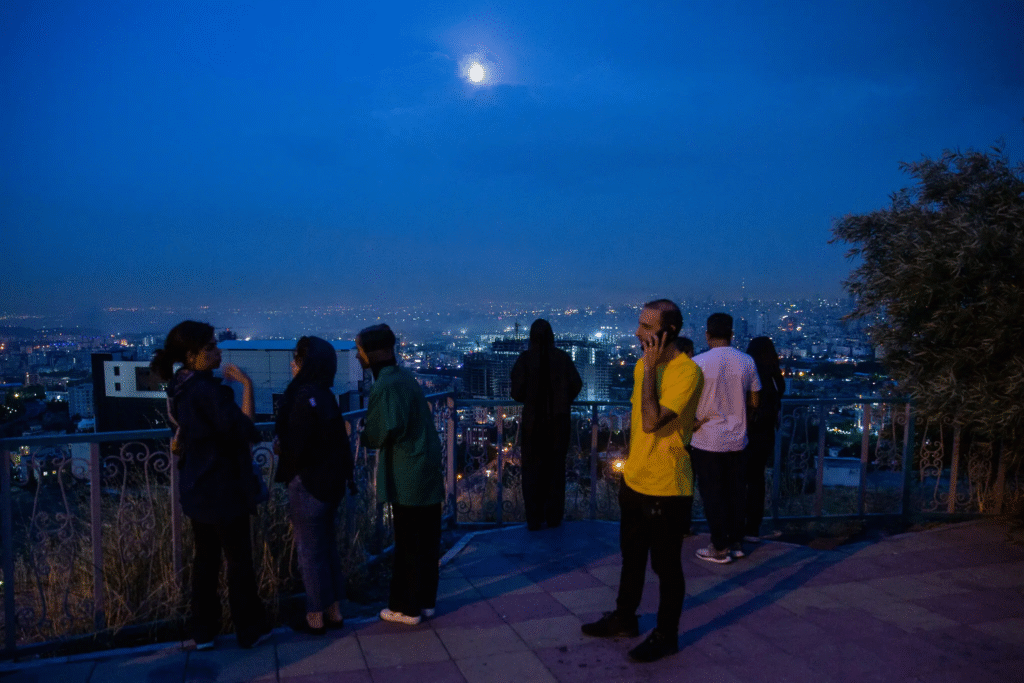
Nuclear facilities, air defense batteries, the residences and offices of high officials, arms depots, and laboratories are all potential targets of an Israeli assault. Senior officials were the target of the first wave of the attack. There is a growing probability, according to two defense officials familiar with the first evaluations of the Israeli strikes in Iran, that Israel was able to assassinate Maj. Gen. Mohammad Bagheri, the head of the Iranian armed forces, as well as numerous senior commanders of the Revolutionary Guards and prominent scientists working on the country’s nuclear program.
